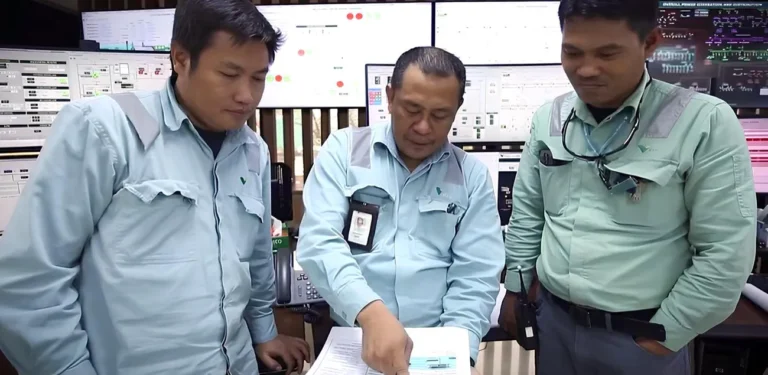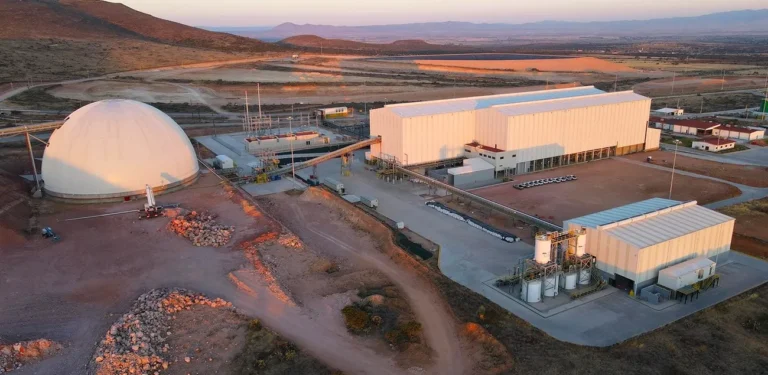
Lithium has emerged as a cornerstone in the transition to sustainable transportation, driven by the rapid global adoption of electric vehicles (EVs). A recent report by the International Council on Clean Transportation (ICCT), “A Global and Regional Battery Material Outlook,” emphasizes the increasing demand for lithium due to advancements in battery technology and the push for global sustainability goals.
Lithium’s Critical Role in Electrification
Lithium, dubbed “white gold,” is vital for lithium-ion batteries powering EVs, consumer electronics, and renewable energy storage. In 2023, EVs accounted for 80% of lithium-ion battery demand, with this figure expected to rise as battery capacities grow to offer extended driving ranges. By 2040, lithium demand could surpass 622 kilotons annually, largely driven by the EV sector.
Beyond EVs, lithium is essential for grid-scale renewable energy storage, supporting global efforts to transition to greener energy grids. This dual demand solidifies lithium’s role in decarbonizing energy and transportation sectors.
Addressing Lithium Supply Challenges
Rapidly scaling lithium production faces significant hurdles, including environmental concerns, land access, and regulatory delays. Geopolitical dependencies also pose risks, with China controlling approximately 60% of global lithium refining capacity.
According to the ICCT, by 2030, existing and probable mining operations could meet 68% of projected lithium demand. Factoring in all announced projects, supply capacity could reach 122% of global demand. Efforts to diversify supply chains are underway, with the U.S., Australia, and Canada expanding domestic mining capabilities.
Lithium recycling is emerging as a key solution. By 2030, recycled lithium could comprise up to 10% of global supply, driven by companies like Redwood Materials and Li-Cycle. Government initiatives, such as the U.S. Inflation Reduction Act and Europe’s Critical Raw Materials Act, are incentivizing domestic lithium production and processing.
Global EV Market Trends and Regional Leaders
The global EV market is rapidly expanding, with annual sales projected to exceed 40 million units by 2030, accounting for nearly half of all light-duty vehicle sales. This growth is supported by battery technology advancements, including silicon anodes and solid-state batteries, which improve energy density and safety.
China leads EV adoption, accounting for over 60% of global battery production and nearly half of EV sales in 2023. Government subsidies and investments in gigafactories have strengthened its market dominance.
United States is scaling domestic production through initiatives like the Inflation Reduction Act, with companies such as Tesla and General Motors ramping up EV production and battery manufacturing.
Europe is prioritizing sustainability with strict emissions regulations and significant investments in local battery production. Countries like Norway, Germany, and the Netherlands are leading with consumer incentives and infrastructure development.
Emerging markets in Southeast Asia and South America are focusing on affordable EV models and infrastructure, while Africa’s adoption remains slow but promising due to renewable energy integration.
The Future of Lithium and EVs
Meeting the rising lithium demand requires sustained investment, technological innovation, and international cooperation. Expanding battery production, enhancing recycling technologies, and securing diversified supply chains are crucial to supporting EV growth and achieving global decarbonization targets.



